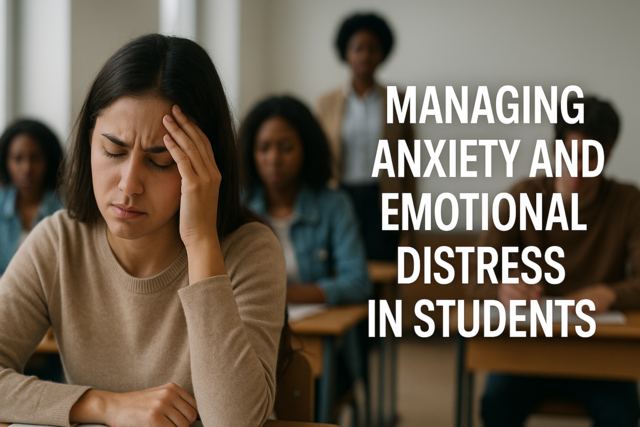Managing Anxiety and Emotional Distress in Students
Empower Minds, Elevate Well-being
Managing Anxiety and Emotional Distress in Students

Empower Minds, Elevate Well-being
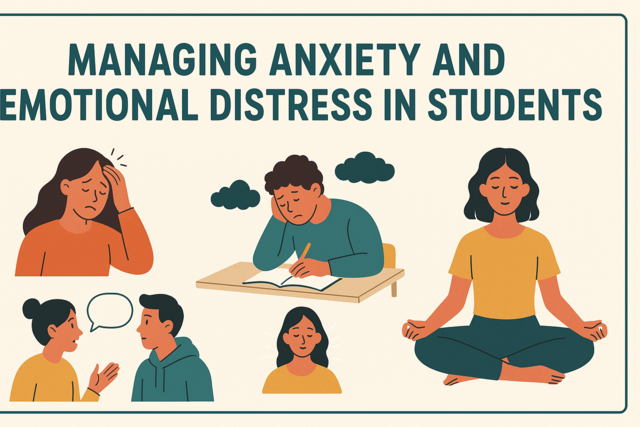
Unlock the potential within your students by mastering the art of managing anxiety and emotional distress. This essential course is your gateway to transforming educational environments into havens of empathy and resilience. Here, you'll delve beyond conventional teaching methods to embrace mindfulness and cognitive-behavioral techniques that support emotional stability. Witness the profound impact of emotional intelligence as you empower your students with tools for calm, focus, and success. You'll learn to decode emotional cues, navigate academic pressures, and foster a culture where emotional well-being is prioritized. Enroll now and become the educator who not only teaches, but transforms, guiding students towards their fullest potential in both academic and personal realms. Your journey to making a meaningful difference starts here.
In This Course 
6 Hours average completion time
0.6 CEUs
15 Lessons
15 Exams & Assignments
15 Reference Files
61 Articles
Mobile Friendly
Last Updated December 2025
Description 
Managing Anxiety and Emotional Distress in Students
Discover More Skills Like These 
Related Courses 
-
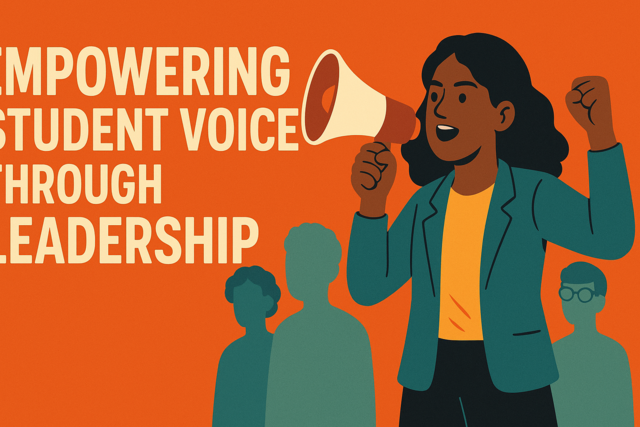
Empowering Student Voice through Leadership
-

Building Emotional Safety Nets: A Guide for Couples
-

Style Sovereign: The Power of Personal Branding in Luxury Fashion
-

Spiritual Awakening and Self-Discovery
-
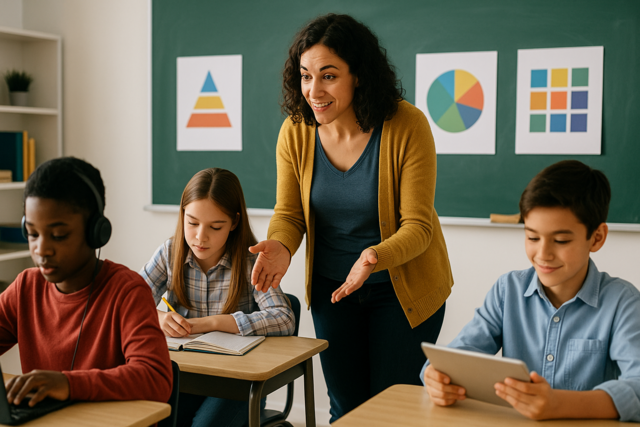
Differentiated Instruction Techniques
-

Improving Teacher Retention and Sustainability
-
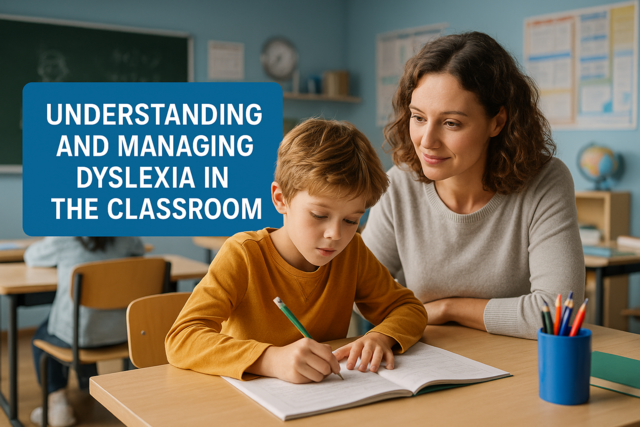
Understanding and Managing Dyslexia in the Classroom
-
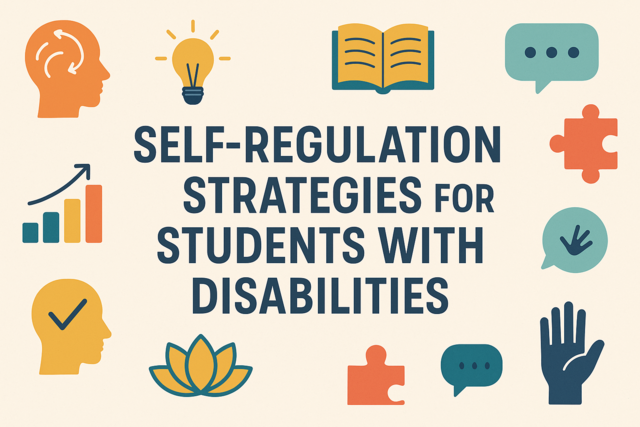
Self-Regulation Strategies for Students with Disabilities
-
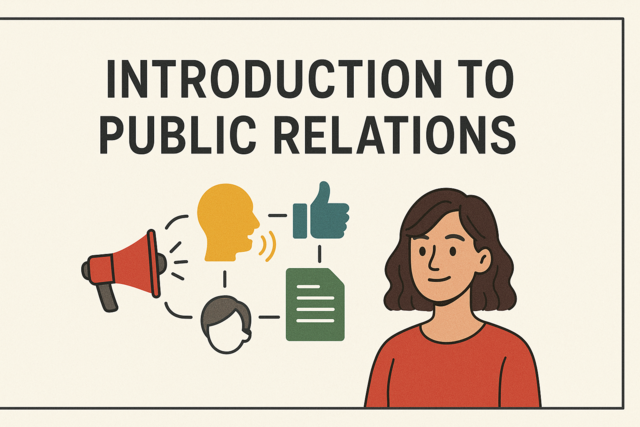
Introduction to Public Relations
-
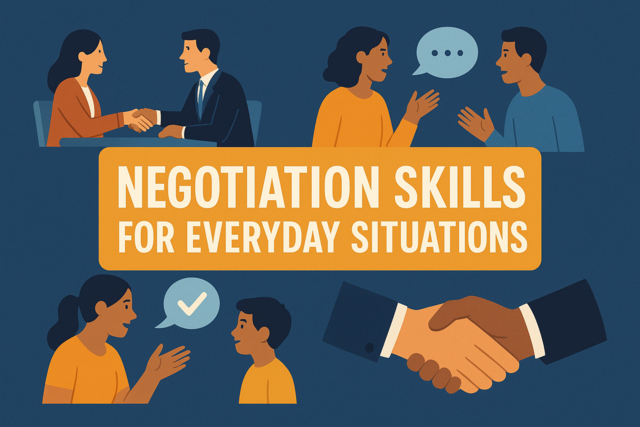
Negotiation Skills for Everyday Situations
-
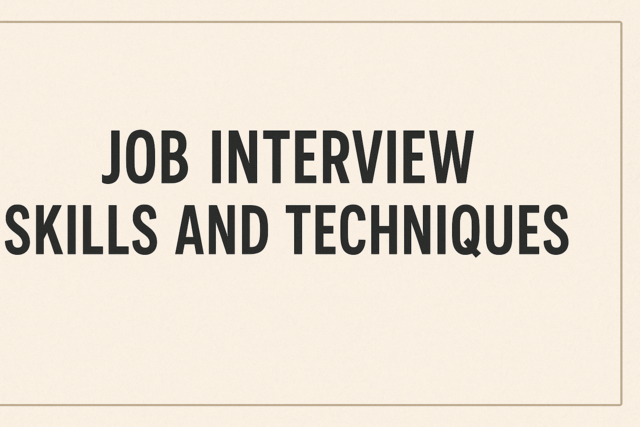
Job Interview Skills and Techniques
-

Change Management and Adaptability
-

Flawless Finish: Understanding Details in Luxury Fashion
-

The Harmony Hub: Fostering Connection in Busy Lives
-
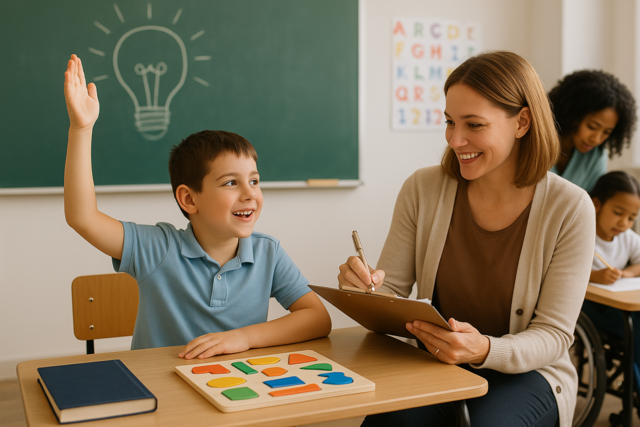
Effective Assessment Practices in Special Education
-

Preparing for a Career Change
-

Negotiation and Persuasion in Business
-

The Vogue of Now: An Insight into Modern Fashion Trends
-
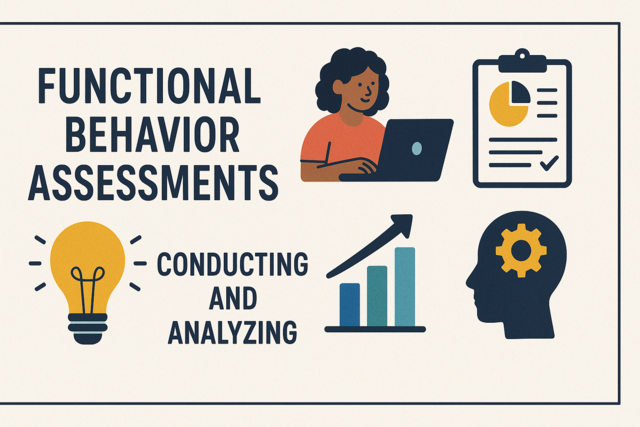
Functional Behavior Assessments: Conducting and Analyzing
-

Sustainable Style: Modern Luxury with a Conscience
-
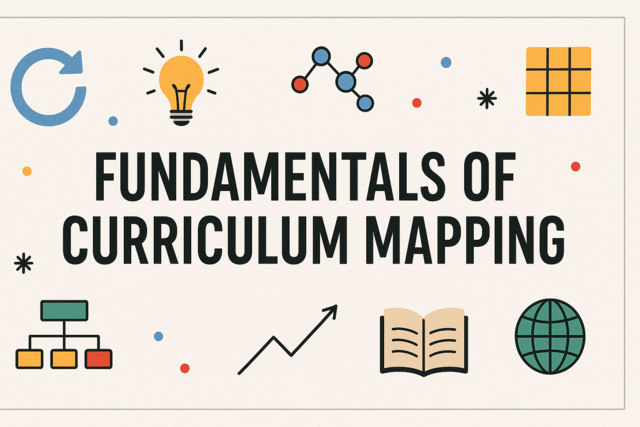
Fundamentals of Curriculum Mapping
-

Collaborative Teaching Approaches
-

Leadership Skills for Emerging Leaders
-

Time Travel Mysteries and Paradoxes
-

Home Organization and Decluttering Techniques
